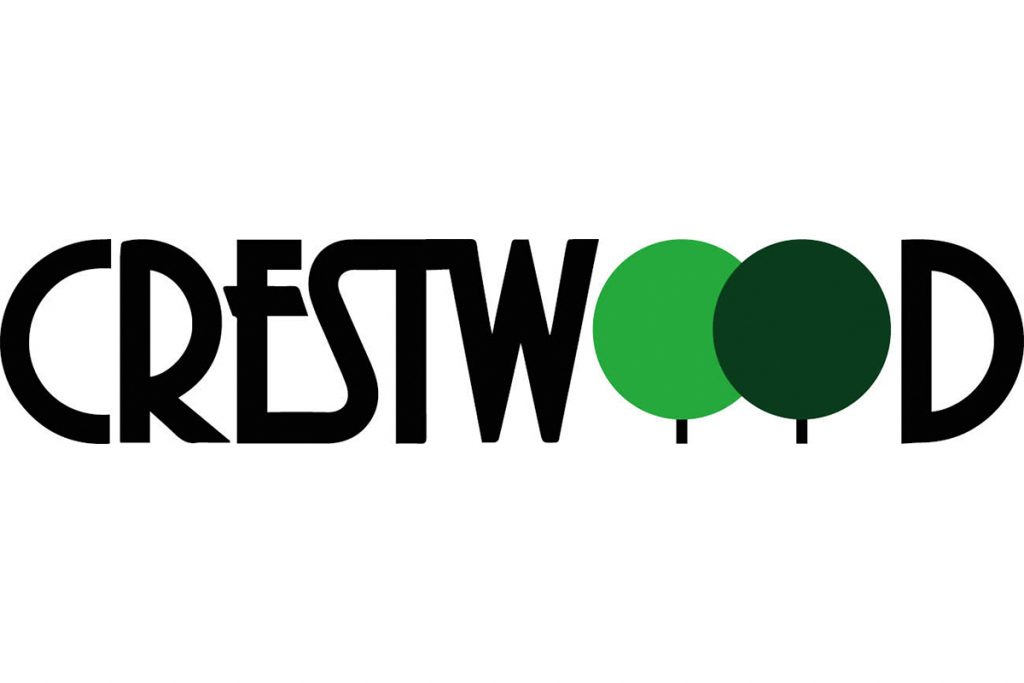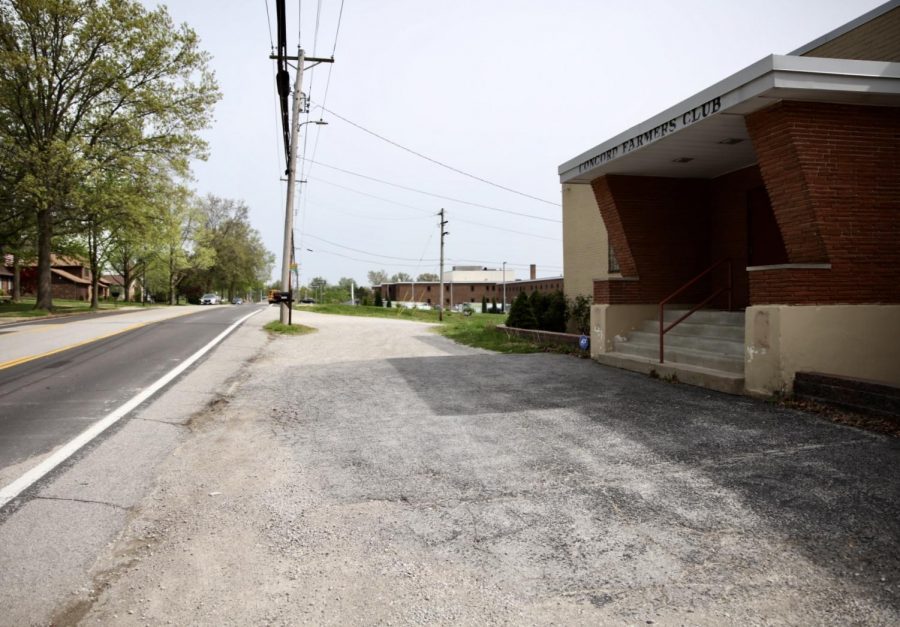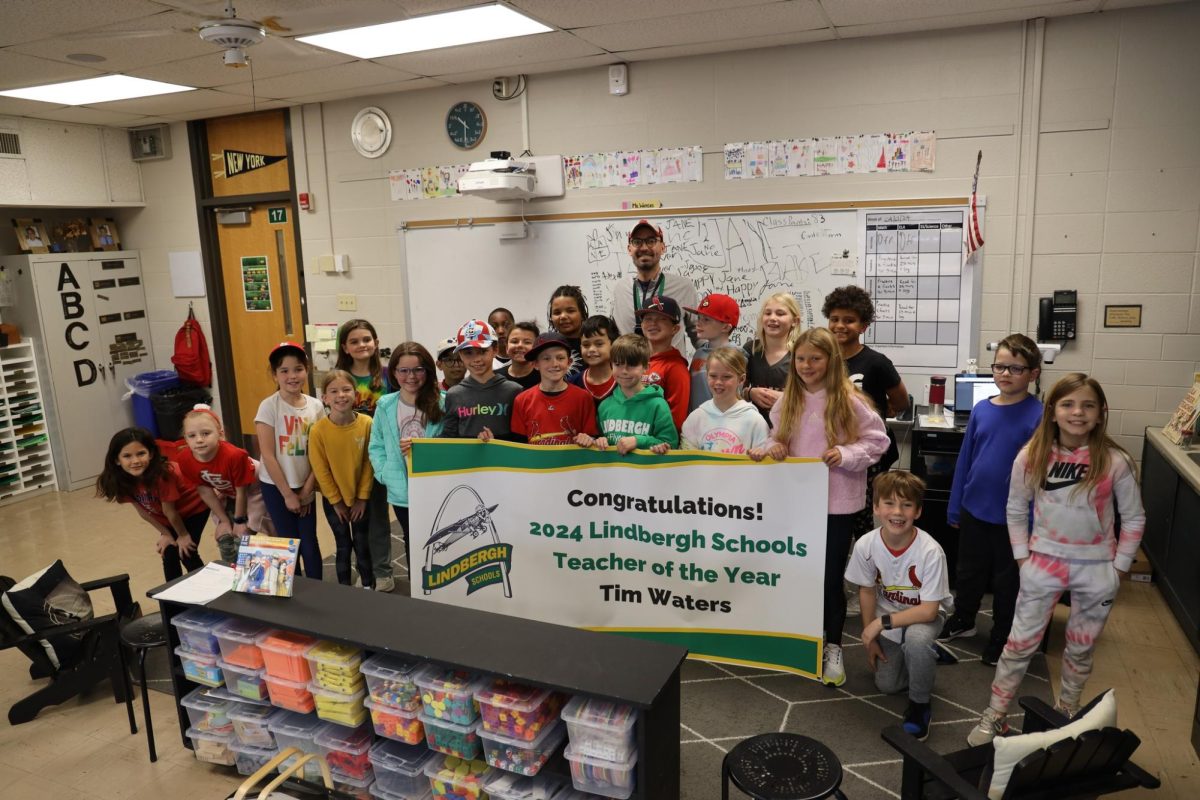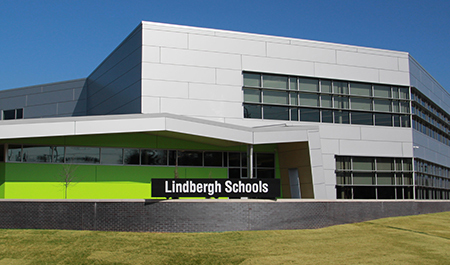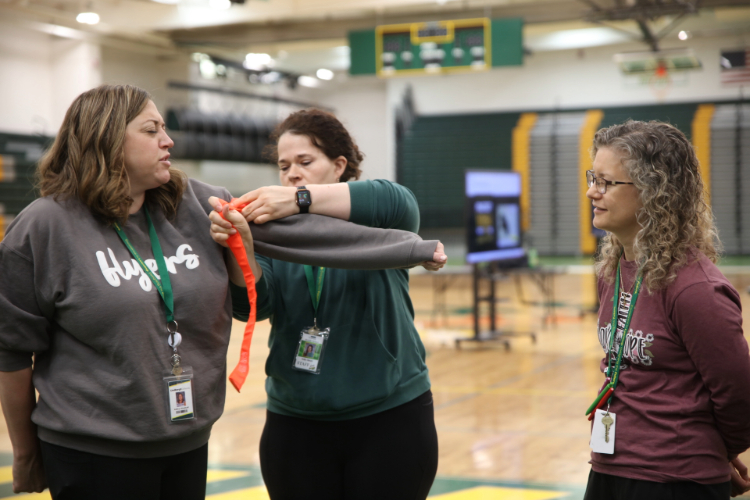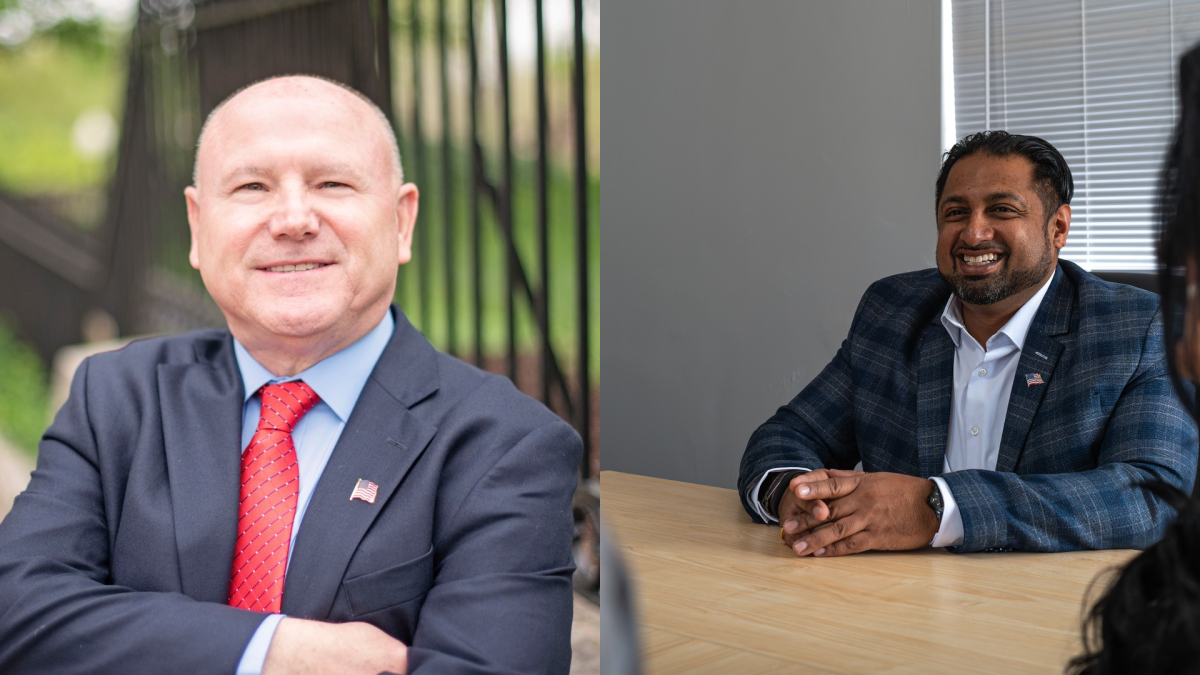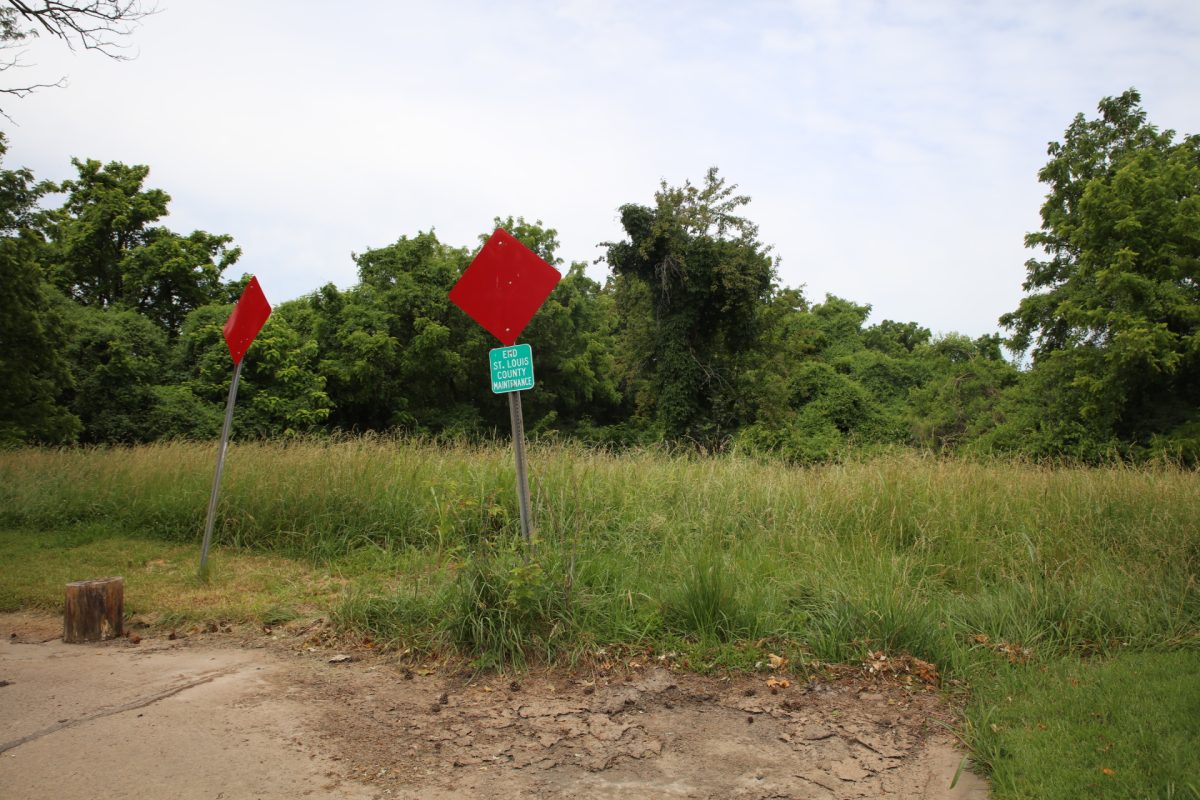Lindbergh Director of Inclusion, Equity and Diversity Jeremy Mapp hosted a presentation Oct. 20 as part of the district’s “Speaker Series” to focus on professional development and to field questions from parents about Lindbergh’s inclusion and equity efforts.
Mapp was hired to the new position in March and he said he is grateful for the opportunity to work on something he is passionate about everyday. He said the district deliberately titled his position to say inclusion first, as that is the main focus of his and his committee’s work.
“As a district our focus is on inclusion. We are here to recognize that we all come from different backgrounds, we all have different perspectives and the inclusion of all those things is the most important thing we can do as a district,” Mapp said.
The Inclusion, Equity and Diversity Committee has four subcommittees focusing on separate aspects of school life — curriculum, policy, professional learning and communication. The committee allows more people to have a closer look at school practices throughout the year.
District employees met with the Core Collaborative’s Floyd Cobb and John Krownapple earlier in the month for professional training. Mapp said as the district continues to meet with them, employees will learn more specific ways to show the district’s values within the classroom.
The district will utilize what Mapp calls “community building circles,” which can be reactive or proactive. Proactive ones focus on communication between teachers and students for the purpose of building a community and sense of belonging. These don’t have to have a certain theme or goal, and can include questions like “What did you eat for dinner last night?” or “name three people that make you laugh out loud.”
“These are things we can do to help build community and help connect with one another,” Mapp said. “That allows us to be able to support each other, and feel like a part of a community where we feel we belong.”
Repairing harm circles are reactive and address student behavior. They focus on when an incident occurs to help prevent anything similar happening in the future. Mapp said it’s important for students to know words and actions can have impacts and what they are. These circles would not replace punishments for students, and parents would be notified before one occurred and could opt their students out if needed.
Lindbergh hosted its “Unity Week” last week, where students showed unity through wearing themed/colored clothes each day. One viewer of the presentation asked how students without certain clothing could be included in something like that.
“Whether students have it in their wardrobe or not, not all students want to wear orange and we understand that,” Jill Lawson, executive director of assessment and student services said. “We’ve created stickers for students … and they’ll just opt to wear a sticker. The schools have considered that, so all students feel included.”
Several questions implied the district was telling students how to think, but Mapp and Lawson that is not the case. For example, if a student were using nontraditional pronouns, staff would not require them to be used, but would require students treat others with dignity and respect.
“I’m not going to tell anyone what to believe. That’s not my job deciding if something works or doesn’t work with their faith,” Mapp said. “It’s important that everyone I come across I treat them with dignity. It’s important whatever they ask, I respect that. That’s what we ask our students do, is they respect each other and treat each other with dignity.”















